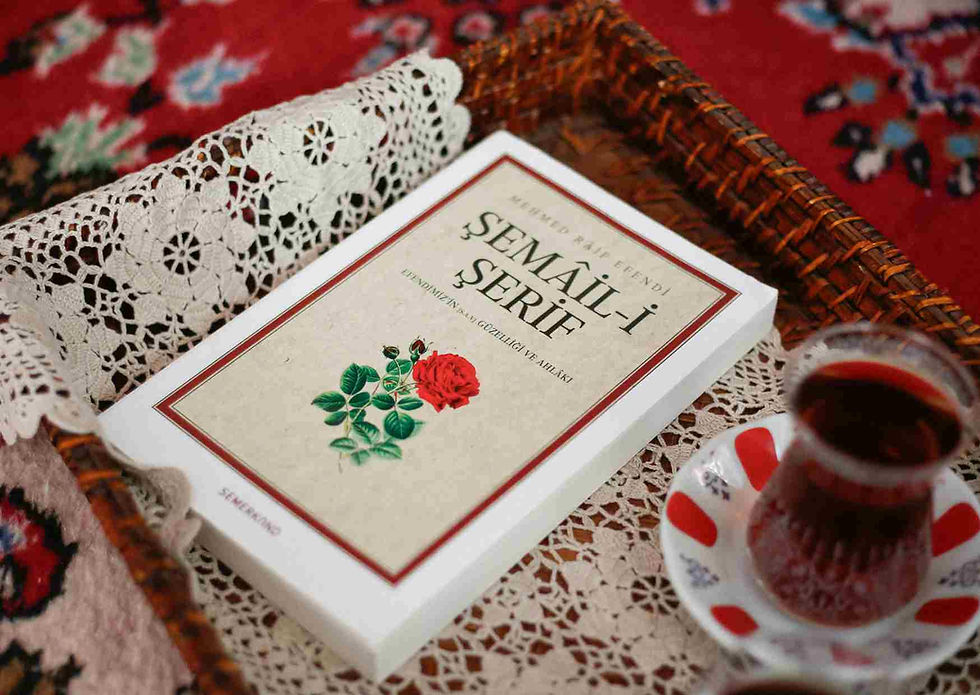THE INFLUENCE OF BEAT POETRY ON COUNTERCULTURE LITERATURE
- DE MODE

- May 4, 2025
- 2 min read
ORIGINALLY PUBLISHED IN DE MODE
Article Published on: 04TH MAY 2025 | www.demodemagazine.com
Beat poetry emerged in the 1940s and 1950s as a rebellious, free-flowing literary movement that challenged the social and cultural norms of postwar America. Writers like Allen Ginsberg, Jack Kerouac, and William S. Burroughs, often referred to as the "Beat Generation," rejected materialism, conventional values, and rigid literary forms, forging a raw, honest, and often provocative style that became the voice of a restless generation.
The influence of Beat poetry on counterculture literature is profound and enduring. The Beats' emphasis on spontaneity, personal freedom, and anti-establishment ideals resonated with the youth movements of the 1960s and beyond. Their work helped shape the ethos of the counterculture by celebrating individualism, sexual liberation, Eastern spirituality, and resistance to conformity.

Ginsberg’s Howl, with its unfiltered emotion and explicit content, shattered taboos and redefined the boundaries of poetic expression. Kerouac’s On the Road celebrated the open road as a metaphor for self-discovery and rebellion. These works and others provided a blueprint for future writers to explore controversial or marginalized subjects with honesty and urgency.
Beat poetry also influenced music, visual art, and activism, playing a key role in the development of the hippie movement, psychedelic culture, and the broader questioning of authority. It fostered a literary environment where authenticity trumped polish, and where lived experience—especially those outside the mainstream—became worthy of artistic attention.
In essence, Beat poetry ignited a cultural and literary revolution. It inspired generations of writers, from the counterculture of the 1960s to contemporary spoken word and slam poetry artists. Through their fearless exploration of life’s chaos, the Beats gave permission to speak truth to power and to write without apology.



Comments